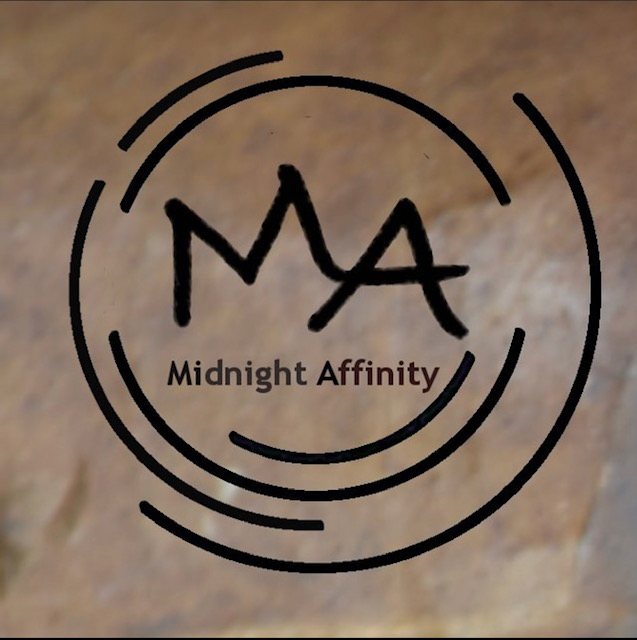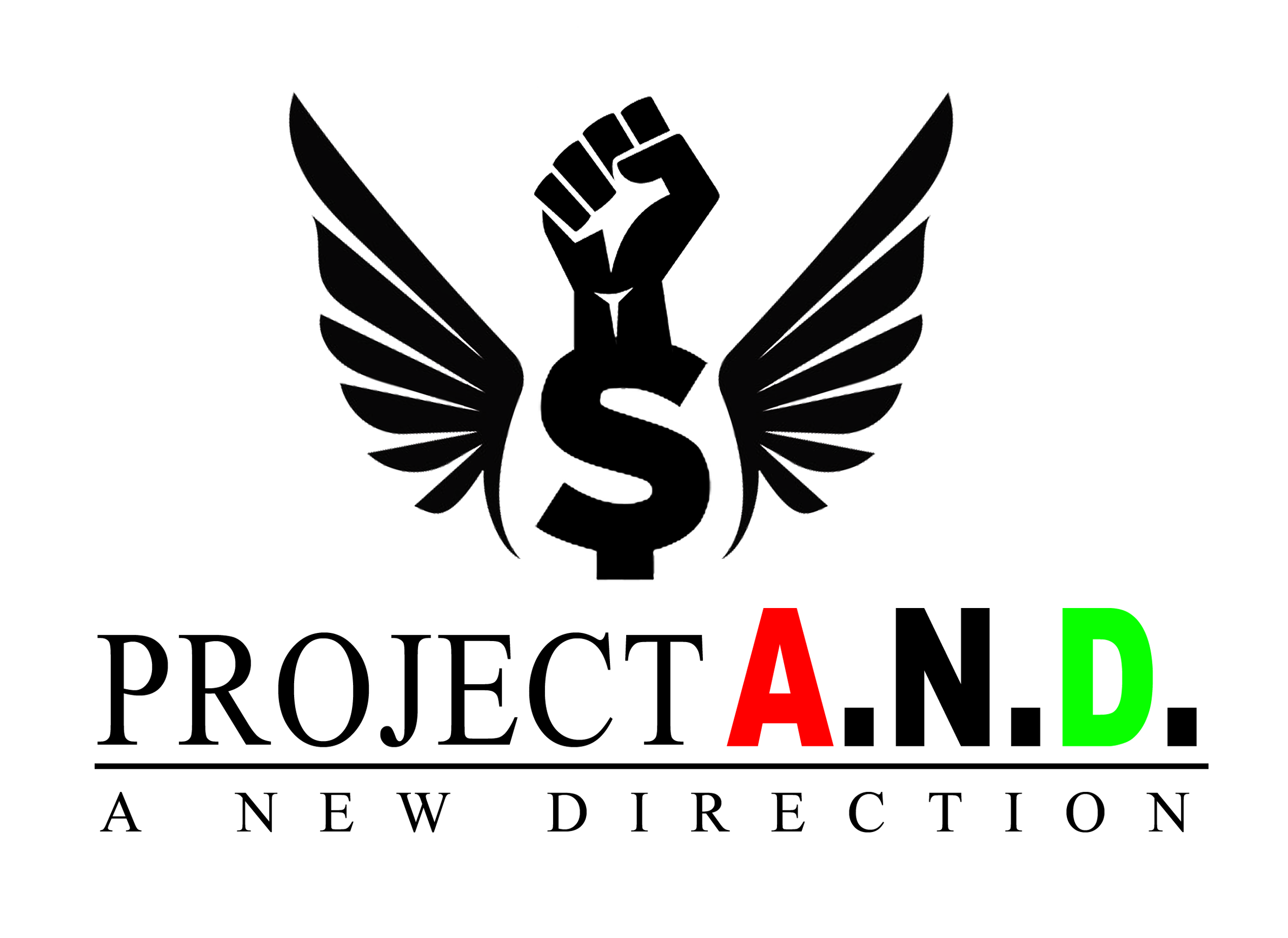




Member Highlight

Stephanie Santos owner of








History of the Policy Kings
Edward, George and McKissack “Mack” Jones
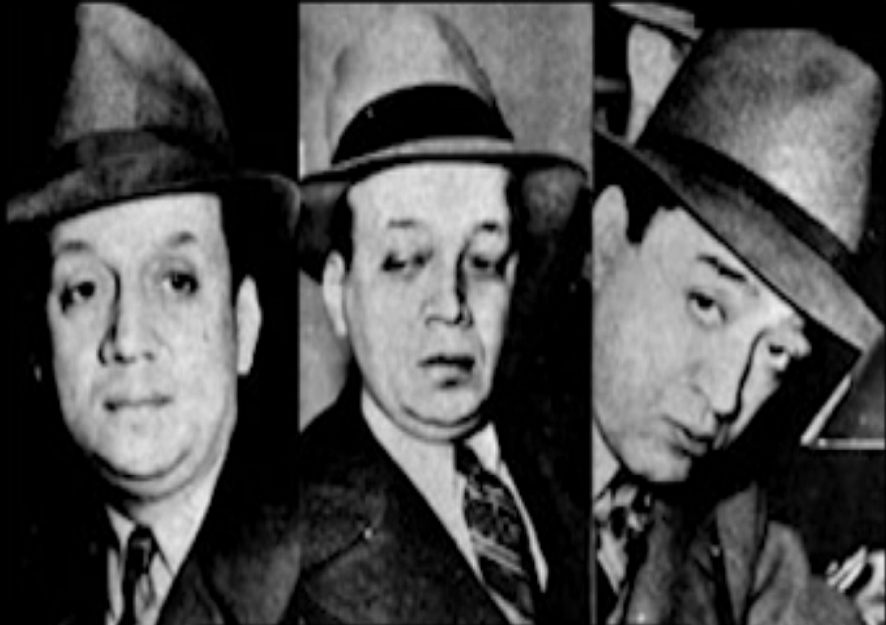
In 1946, the Jones brothers were at the top of the $25 million-a-year policy syndicate in Chicago. The three brothers, Edward, George, and McKissack (Mack), started out small, running a policy station from the back entrance of their "Jones Brothers Tailor Shop." Lead by brother Ed, the Jones trio turned a nickel game into a sophisticated business enterprise, which included the Jones Brothers Ben Franklin Store on 47th Street, the world's only black owned department store.
Policy was the single biggest Black owned and operated business enterprise in the world, generating upwards of two hundred million dollars annually during the Depression, and controlled by a national brotherhood of African American Policy Kings. These men bankrolled the Negro Baseball League, banks, insurance companies, the career of boxing great Joe Louis, and untold medical and professional practices. They were also responsible for converting the Black vote from Republican to Democrat.
Policy was an illegal game of chance similar to todays lottery. During its heyday, the game was an integral part of life in the black community. People played everyday, sometimes several times a day, in the hopes of "hitting the numbers" and winning big. The large amount of money that was played on the game made policy a big business that had a strong influence on the local economy and city politics.
Policy players tried to guess three numbers from 1 to 78 that were drawn from a tumbling drum, or "wheel." Bets were taken by "writers" who canvassed the neighborhood, or placed in policy offices scattered throughout the community. From cigar stores and garages to barber shops and apartments, policy offices were set up anywhere there was space.
By the 1930s policy had grown more sophisticated and moved out of the smoke-filled clubs and into corner grocery stores and other neighborhood venues. The leaders of the industry at the time were labeled "Policy Kings" Each policy king had his own wheel and several stations. Some estimate there were as many as 30 wheels operating between 1933 and 1941. A policy writer would make the rounds with his ticket book equipped with carbons to take bets from customers who would pick from 78 numbers. The odds of getting three winning numbers was 26 out of 1,000, according to Nicholas Barron, a math professor at Loyola University. Not the greatest odds, but not the worst if the game was played fairly, which wasn't assured.
During the good times, policy kings were the black community's bank and employer. "The economy of the black community of Chicago in the earlier part of the 20th century was so circumscribed by segregation and economic discrimination that the policy industry really generated a lot of the ready cash that flowed around in Bronzeville," said Michael Flug, senior archivist for the Harsh Collection at Woodson. In turn, the policy kings put a lot of their earnings into legitimate enterprises, such as funding writers, car dealerships and churches.
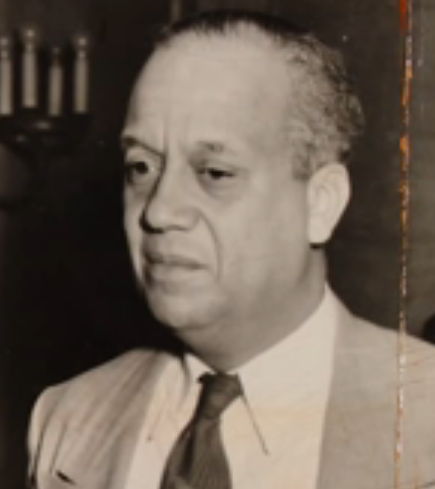
Edward Jones
They were digit barons, the 1-2-3-4 guys, and "digitarians." But most people remember them as policy kings, the African-American men who proved this city could run a numbers racket long before the state's first legal lottery numbers were pulled in 1974. Starting in the late 1800s, policy kings such as John "Mushmouth" Johnson, "Policy" Sam Young and the Jones brothers became the black community's ubiquitous bankers, philanthropists, businessmen and criminals.
After years of successfully running their policy empires white competitors begin noticing the large infux of funds being accumulated by these black businessmen and wanted in. Eventually the mob would make its move to take over the Policy business. With Policy Kings being killed and put out of business the oldest of the three brothers Edward Jones was kidnapped and held for ransom until 250K was provided for his release. After being returned to the streets Edward and his family fled to Mexico and left all operations to Policy King Ted Roe.
Chicago Outfit capo, Sam Giancana, who was attempting to take over the Southside gambling operations, ordered an attempt to kidnap Roe. On June 19, 1951, Roe ended up killing one of the kidnappers, Fat Lenny Caifano, who was not only a made man, but also the brother of capo Marshall Joseph Caifano.
To prevent the Outfit from murdering him, Roe was placed under heavy guard at the Cook County Jail. To prevent poisoning, Roe's meals were specially prepared outside prison walls. On June 25, 1951, Roe was further charged with conspiracy to violate the Illinois State anti-gambling statute.
Roe pleaded self-defense and his defense team was also able to link prosecutors to the mob causing key evidence against Roe to be thrown out. Roe eventually beat the case, but not before being denied bail six times before and during the trial proceedings. Upon beating the case, Roe thumped his chest and exclaimed to reporters, "They'll have to kill me to take me."
After Fat Lenny's murder, Sam Giancana masterminded a month-long shakedown campaign against the Black bookmakers of Chicago. Dozens were shot at or blackjacked and others simply fled the city forever. Meanwhile, Roe was holed up in his mansion on South Michigan Avenue.
On August 1, 1947, Roe was told by doctors that he had stomach cancer but that it was operable. On August 4, 1952, he dressed in a three-piece suit and hat and creeped down South Michigan Avenue. At around 10:00 p.m., as he was unlocking his car on the street outside his apartment, a voice called, "Roe!" He turned and was cut down by several shotgun blasts. He died slumped against a tree which still stands outside his former apartment at 5239 S. Michigan Ave.
The Outfit seized control of his policy wheels, and eventually the Policy business was transformed into the state lottery we know today.
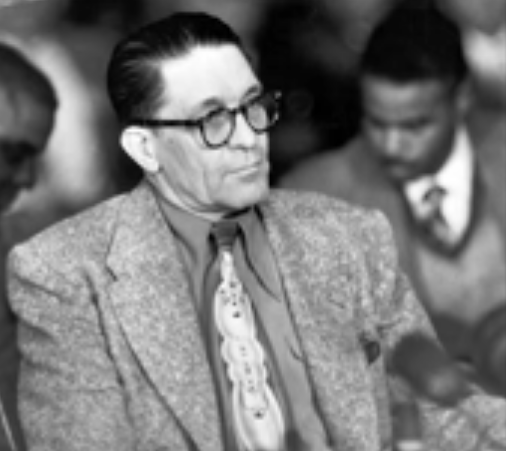
Ted Roe




Project A.N.D.
(813) 261-0795
4021 N Armenia Ave.
Tampa, FL 33607
Follow Us
Our Work
Home
About Us
Members
Products
Events
News
Highlight
Contact Us



Copyright 2020 Project A.N.D. All Rights Reserved










